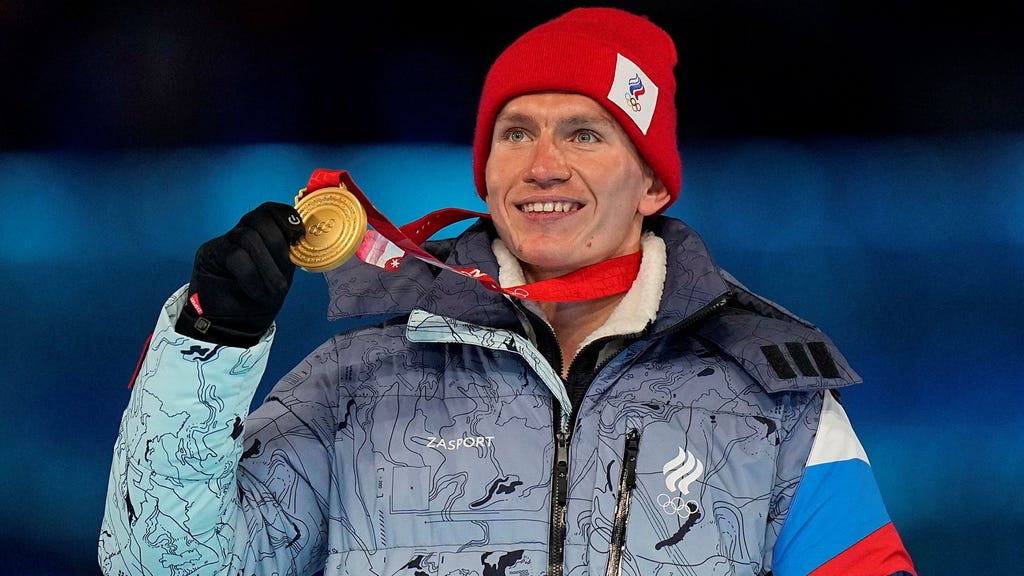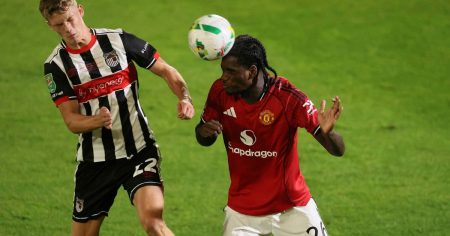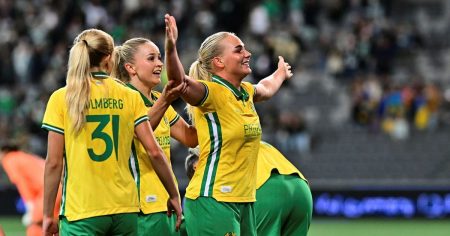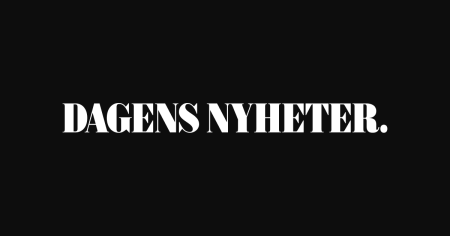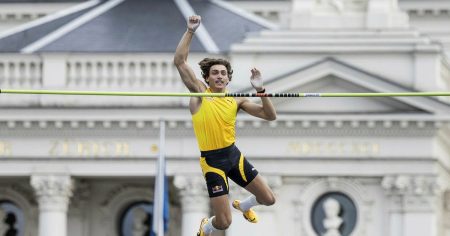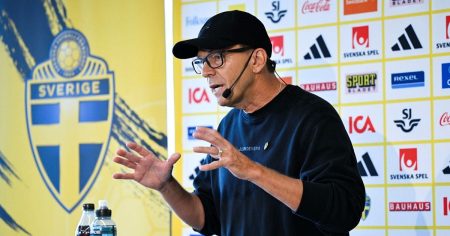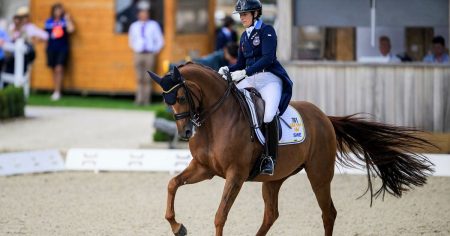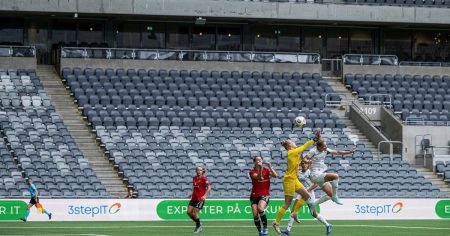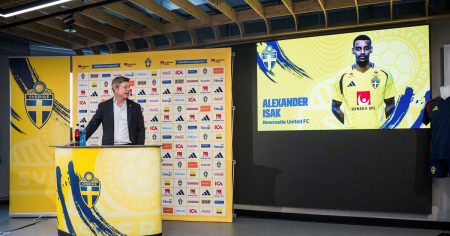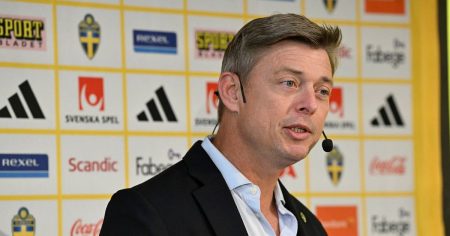Alexander Ovetjkin, the renowned Russian hockey player, continues his relentless pursuit of Wayne Gretzky’s all-time NHL goal-scoring record. With 876 goals under his belt, Ovetjkin inches closer to Gretzky’s seemingly insurmountable 894 goals. Ironically, the chase unfolds in Washington, a city and arena that played a significant role in Donald Trump’s inauguration. Meanwhile, another prominent Russian athlete, cross-country skier Alexander Bolsjunov, has experienced a challenging season but recently returned to winning form in a domestic competition within Russia. Despite their individual achievements, both athletes face international restrictions due to the ongoing conflict in Ukraine. Neither Ovetjkin nor the Russian hockey team are permitted to participate in the upcoming Four Nations tournament, while Bolsjunov is barred from competing in the World Championships later that month.
While these bans remain in effect, there are growing indications from influential figures within the international sports community that the return of Russian athletes to global competitions is imminent. Johan Eliasch, the Swedish-British president of the International Ski Federation, has publicly advocated for allowing Russian athletes to compete under a neutral flag, arguing they should not be penalized for their place of birth. Similarly, David Lappartient, president of the International Cycling Union, expressed a strong belief that Russian athletes should be reinstated in the sporting world. Both Eliasch and Lappartient are potential successors to Thomas Bach as president of the International Olympic Committee. This advocacy for Russian athletes raises concerns about the prioritization of sports over the ongoing humanitarian crisis in Ukraine, where Ukrainian civilians, including athletes, face devastating consequences of the war.
The debate about the inclusion of Russian athletes becomes even more complex considering the close ties between Russian sports stars and the political regime. President Putin’s well-documented affinity for successful athletes, particularly those who openly support his regime, creates a blurry line between sports and politics. Alexander Bolsjunov, for instance, holds the rank of captain in the Russian National Guard and has publicly expressed pro-Russian sentiments on social media following the invasion of Ukraine. Furthermore, his family home near the Ukrainian border has been impacted by bombings during the conflict. This direct link between athletes and the military raises questions about the feasibility of truly ”neutral” participation, as advocated by Eliasch, who insists such athletes should not have affiliations with the army, police, or similar institutions.
The motivations behind this push for the reintegration of Russian athletes into international competitions are open to interpretation. Some speculate that it serves as a potential precedent for handling the sensitive issue of China’s potential actions toward Taiwan. Allowing Russian athletes back into the fold could establish a framework for accommodating Chinese athletes in a similar scenario. Regardless of the underlying reasons, the prospect of Russian athletes competing while the conflict in Ukraine continues is unsettling for many. While their participation in the 2026 Olympics remains uncertain, the momentum towards their reintegration seems to be building, irrespective of the ongoing conflict’s resolution.
Before the war and subsequent bans, Bolsjunov dominated the international skiing scene, culminating in multiple medals at the 2022 Olympics, including two golds and a silver in individual events, along with gold and bronze medals in relays. The contrast between that dominance and his current performance has been a significant topic of discussion in Russian sports media. Following a period of uncharacteristic struggles, Bolsjunov recently achieved his first victory of the season. This win, following a period of illness and possibly impacted by the international bans, alleviated some concerns about his form. Bolsjunov attributed his victory to the support of his fans, highlighting the significant attention given to his performance within Russia.
The extensive coverage of fan support for Bolsjunov and other Russian athletes, often portraying widespread enthusiasm for their competitions, raises questions about the accuracy and framing of such portrayals. Parallels can be drawn to the inflated claims of crowd sizes at Donald Trump’s previous inauguration. The political backdrop of these narratives, combined with Trump’s stated intentions to mediate peace in Ukraine and potentially facilitate the return of Russian athletes to international competitions, adds another layer of complexity to this already intricate issue. The intertwining of sports, politics, and international relations underscores the delicate balancing act required in navigating this sensitive landscape.





